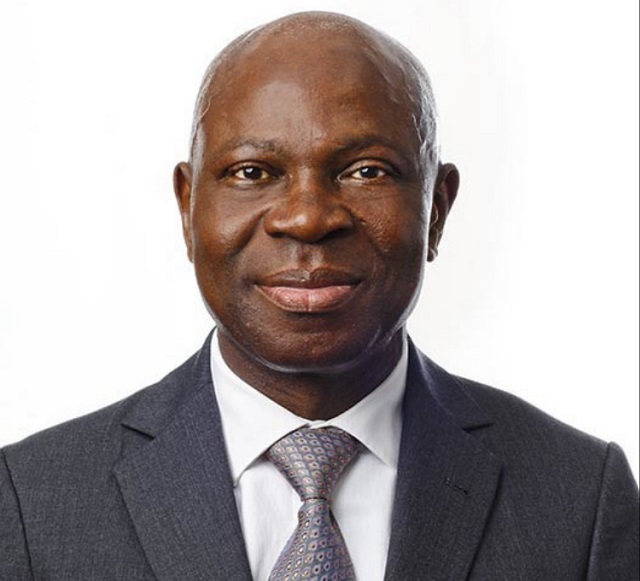
Houngbo re-elected
Meanwhile, in a strong show of support and recognition, Houngbo was re-elected as President of IFAD for a second term.
With an even more ambitious agenda at the heart of his second mandate, and a particular focus on technological solutions, innovative financing models and new private sector partnerships, Houngbo said, IFAD will continue tackling hunger and poverty and address the devastating impacts of climate change, youth unemployment and most recently COVID-19, leading on the ground to ensure no one is left behind.
“With the pandemic still devastating rural areas and the projections for increased poverty and hunger, the need for IFAD to scale up is more urgent than ever,” said Houngbo, who has been IFAD’s President since 2017.
Under Houngbo’s continued leadership, IFAD aims to double its impact by 2030 and offer a life out of poverty and hunger to millions of people. The goal is to ensure 40 million people per year increase their incomes by at least 20% by 2030, which is double what IFAD currently achieves.
Houngbo noted that addressing the devastating impacts of climate change and reversing the decline of biodiversity are amongst his highest priorities. In January this year, IFAD launched the Enhanced Adaptation for Smallholder Agriculture Porgramme, which aims to be the largest fund dedicated to channeling climate finance to small-scale producers.
Houngbo envisages the programme to mobilise US$500 million and help more than 10 million people adapt to an unpredictable climate. Despite their disproportionate vulnerability to climate change, small-scale farmers currently receive only 1.7% of global climate finance.
Another of Houngbo’s goals is to address the major challenges rural young people face in finding decent employment, which has an enormous impact on instability and migration. In Africa, 60% of young people live in rural areas and between 10 and 12 million young people enter the job market every year.
With increased investments in agri-preneurs and rural small and medium-sized enterprises, IFAD aims to create greater employment opportunities for the rural youth. This builds on Houngbo’s focus over the past four years, to engage more with the private sector to bring expertise, innovation and much needed investments to rural areas.
Houngbo also spoke about the importance of food to rural people. As the majority of them work in agriculture, food is not just critical for sustenance, but also for their livelihoods. He stressed the need for investing in sustainable food systems that enable rural populations to earn decent incomes, have nutritious diets and to lead dignified lives, and the key role IFAD will play is putting this on the global agenda during the upcoming UN Food Systems Summit.
Decades of progress on extreme poverty are also in reverse due to the COVID-19 pandemic as many as 150 million people could fall into extreme poverty by 2021 and an additional 136 million people expected to go hungry.
****
 The Independent Uganda: You get the Truth we Pay the Price
The Independent Uganda: You get the Truth we Pay the Price


